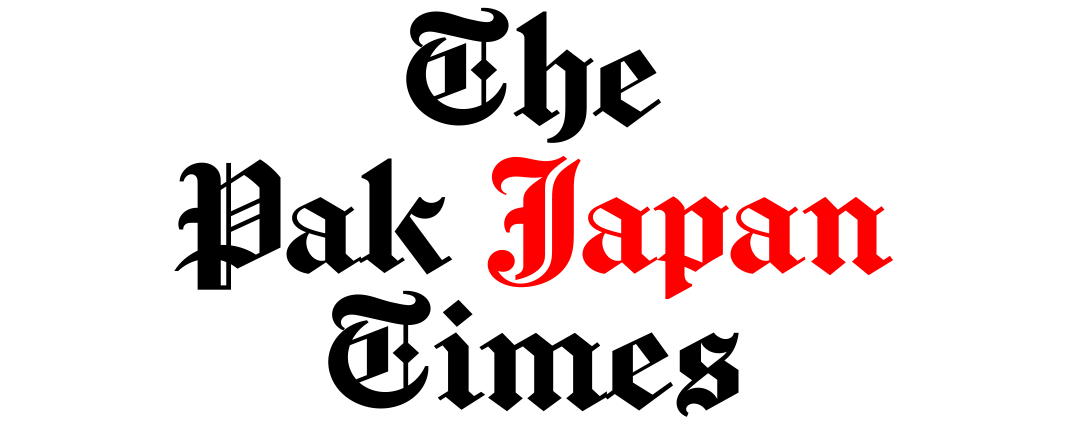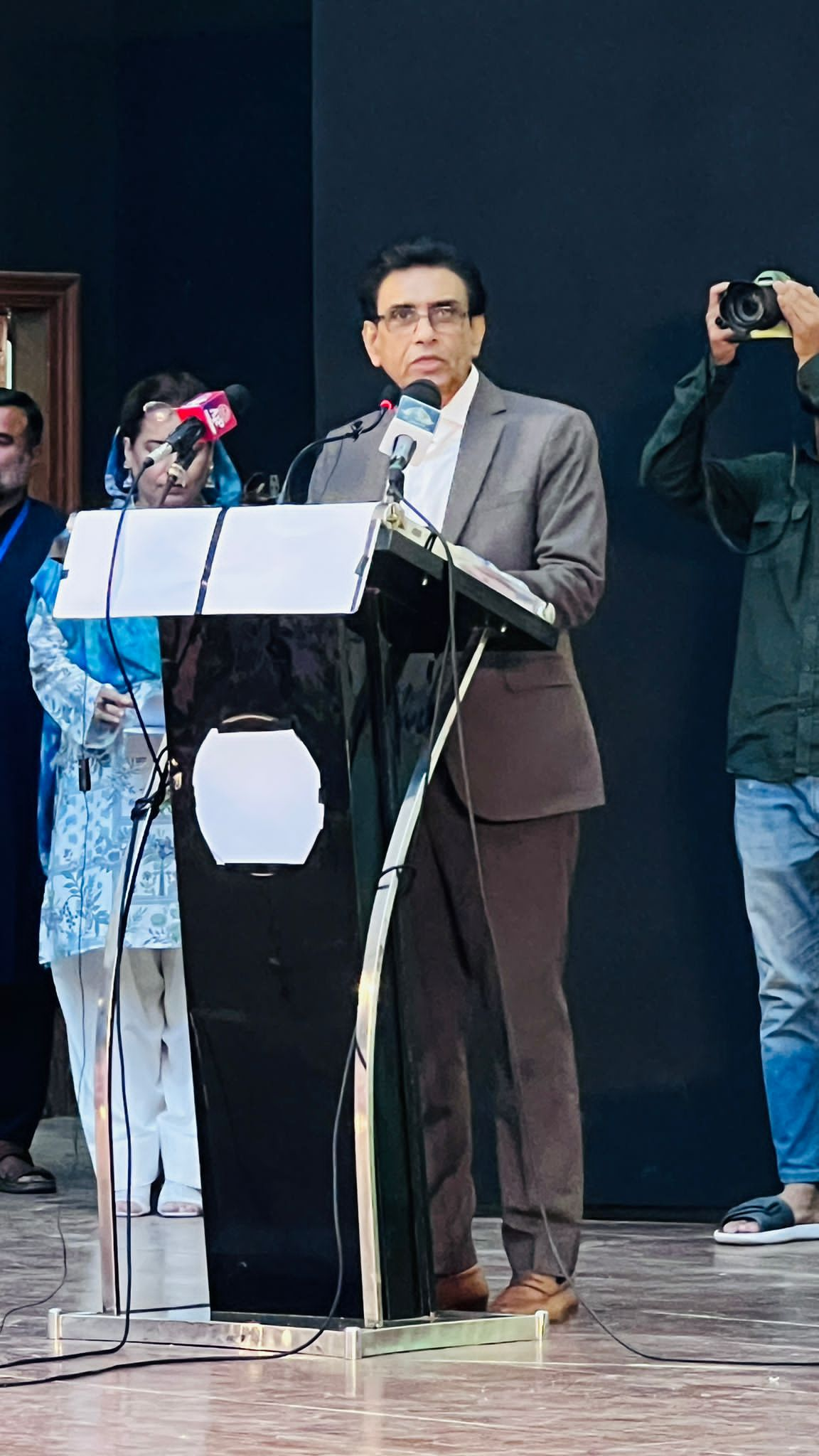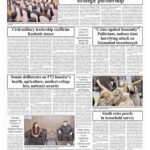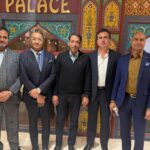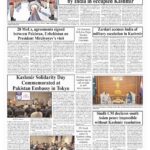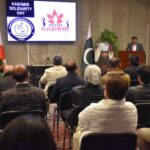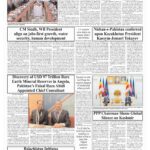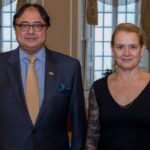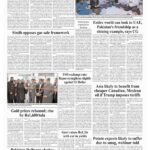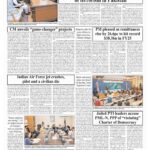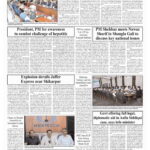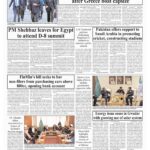By. Muhammad Irfan Siddiqui
Karachi, September 13, 2025 — Federal Minister for Education and Professional Training, Dr. Khalid Maqbool Siddiqui, inaugurated 100 informal schools in Karachi under the Directorate General of Basic Education Community Schools, marking a significant step toward empowering the city’s underserved youth.
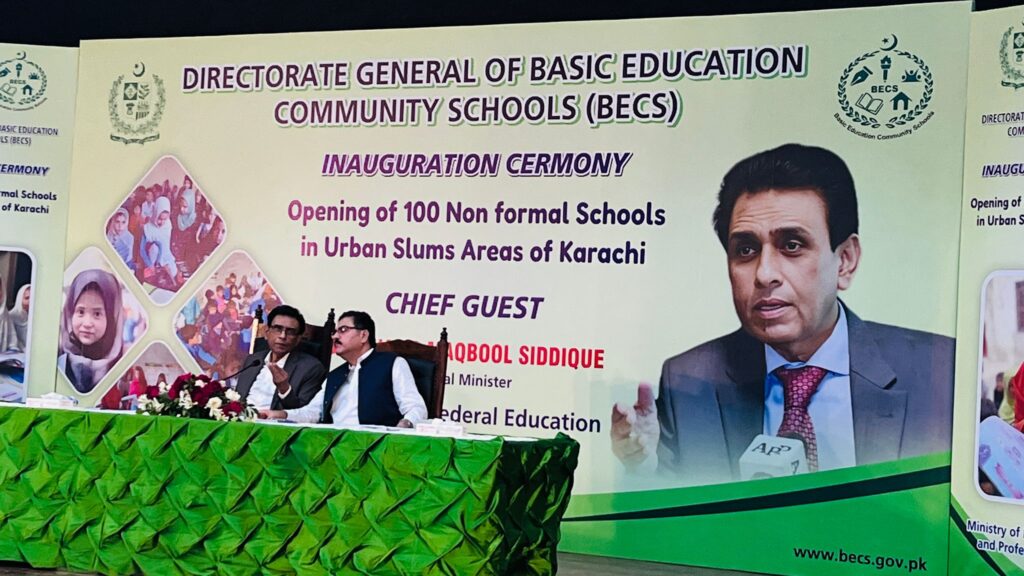
Speaking at the ceremony, Dr. Siddiqui highlighted the glaring disparity between Karachi’s economic contributions and the resources allocated to its people. “Karachi provides 97 percent of Sindh’s revenue and 60 percent of the federal government’s revenue, yet what the people receive in return is minimal support. This initiative is about justice for the city’s children,” he said.
Education as a Tool of Justice
Dr. Khalid Maqbool Siddiqui underscored that Karachi, despite being Pakistan’s financial backbone, is home to millions living below the poverty line. The launch of 100 informal schools is intended to open the doors of education to children who have long been excluded from the system.
“This is not the accomplishment of one person,” the Federal Minister said. “This is the collective achievement of all who believe in truth and fairness. Every responsible citizen should adopt at least one school to ensure that Karachi’s children are not denied their right to education.”
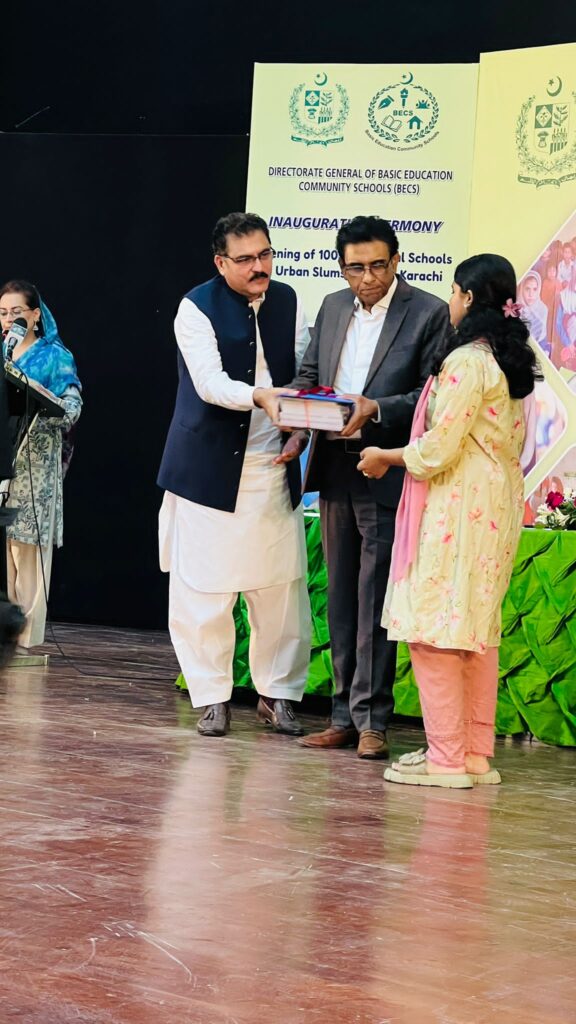
Challenging Longstanding Injustices
The Federal Minister also criticized the quota system that has been in place in Sindh for over 50 years, arguing that it continues to deprive Karachi’s youth of fair opportunities in education and employment.
He noted a stark mismatch between Karachi’s real population and its official census figures, pointing out that wheat supplies are calculated for 35 million people, while the city’s documented population stands at only 15 million. Such discrepancies, he said, directly affect resource distribution and deepen inequality.
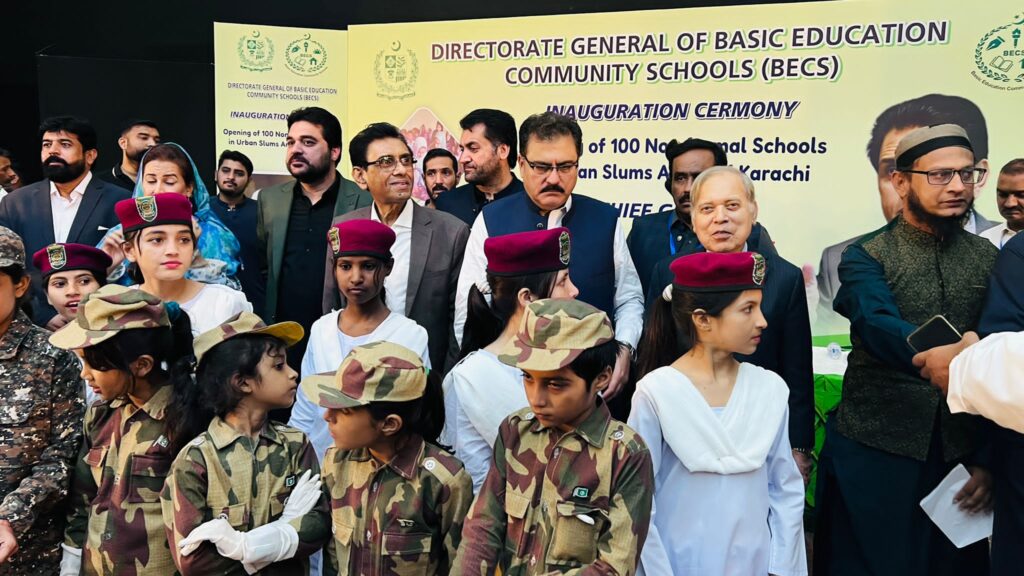
A Milestone for Karachi’s Future
Dr. Siddiqui described the inauguration of these schools as a milestone achievement in federal efforts to address the imbalance in educational access. He called upon teachers, parents, and social organizations to work hand in hand with the ministry to ensure that no child in Karachi is left behind.
Director General of Basic Education Community Schools, Hamid Khan Niazi, also spoke at the event, praising the Federal Minister’s vision and commitment to uplifting marginalized communities through education.
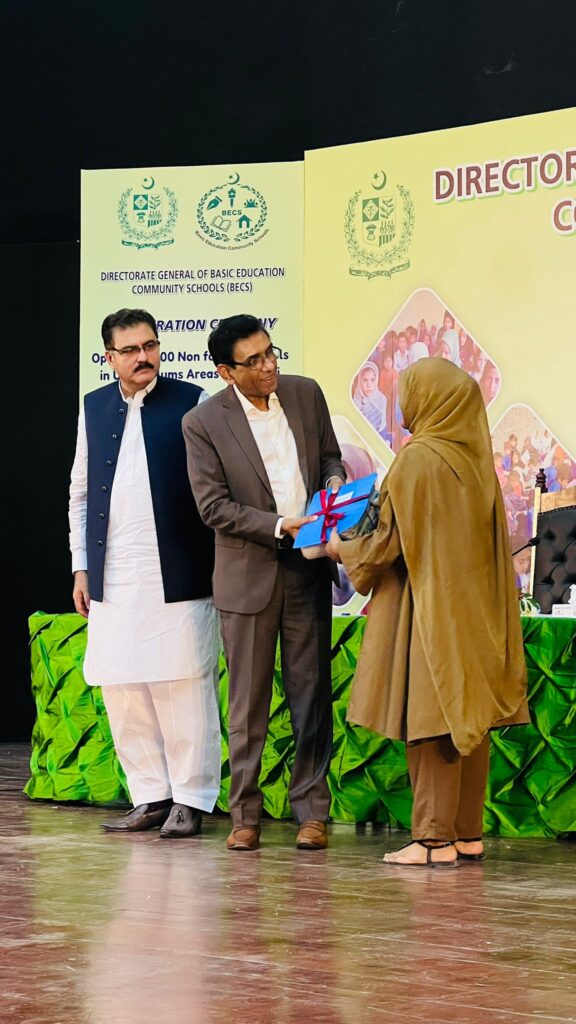
Conclusion
The opening of 100 informal schools in Karachi stands as a symbol of hope for thousands of children. By prioritizing education in Pakistan’s largest city, Federal Minister for Education Dr. Khalid Maqbool Siddiqui has demonstrated a commitment to turning education into a tool for equality, justice, and progress.
